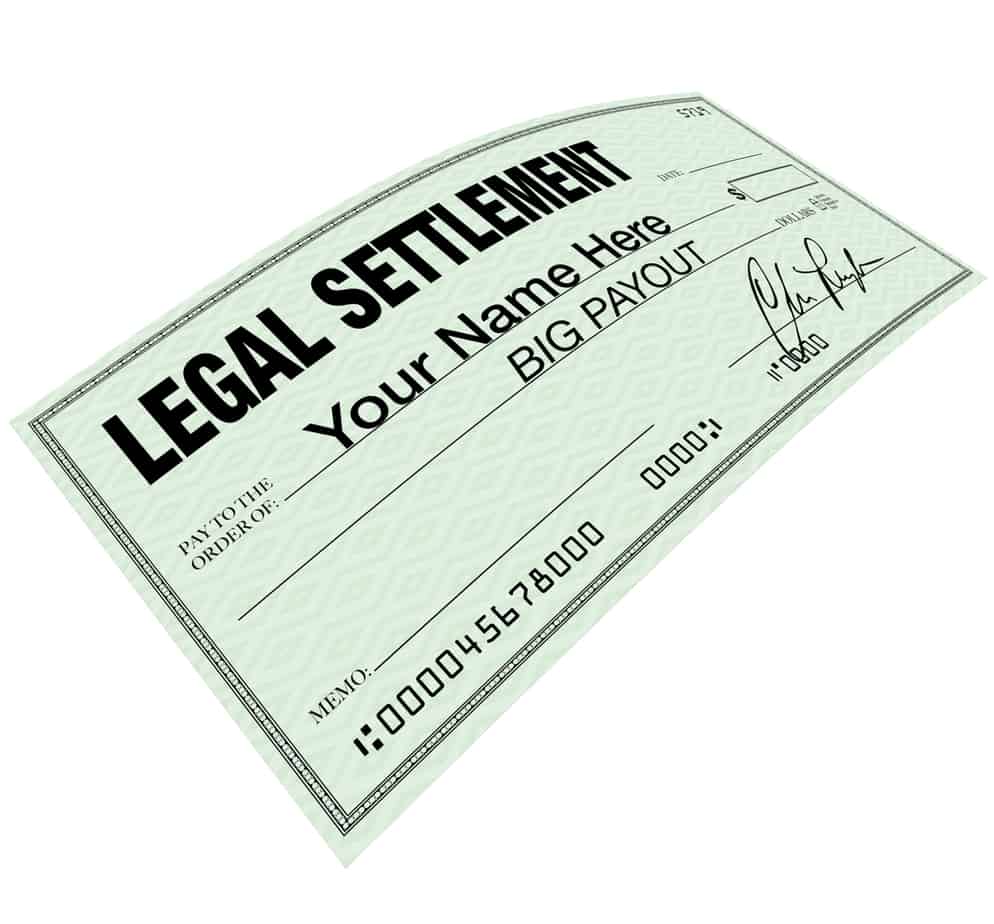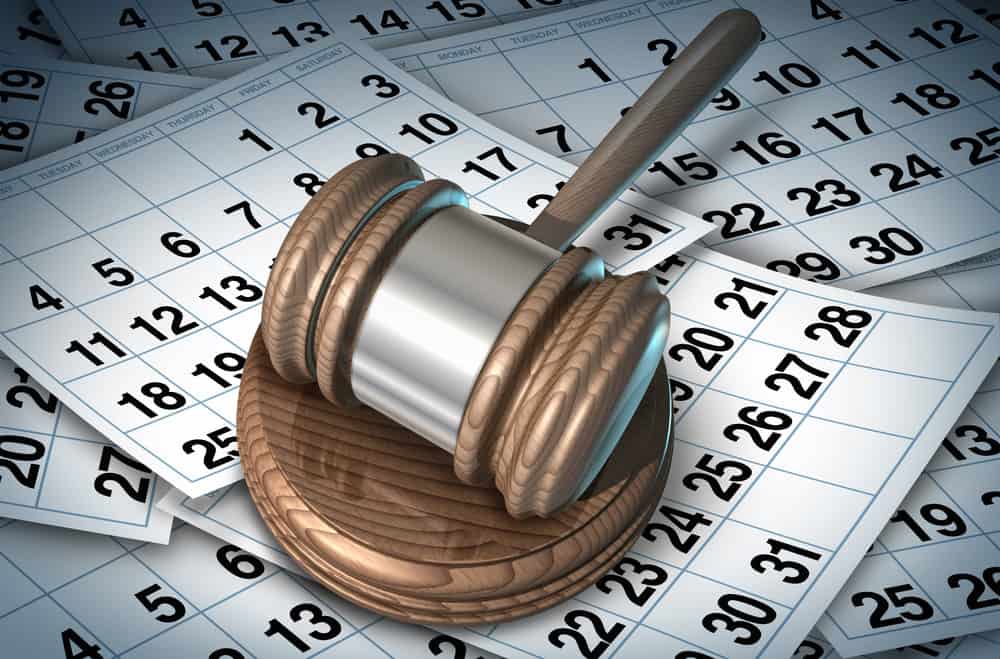When dealing with a legal case, it’s common for clients to feel frustrated by the amount of time the process takes. The complexity of the legal system and the strategies employed by the opposing party can all contribute to the length of time needed to settle a case. This article aims to shed light on the factors that may cause your lawyer to take longer than anticipated to settle your case.
The first factor to consider is the nature and intricacies involved in your particular case. No two cases are identical, and some may require extensive research, gathering evidence, or negotiating with multiple parties, which can add to the duration of the process. Additionally, external factors such as court scheduling can impact the time it takes for your case to be heard before a judge or jury.
Another reason for the prolonged case settlement could be due to strategic decisions made by your lawyer. At times, attorneys may extend certain phases of the case to develop a stronger argument or gather additional evidence to strengthen one’s position. While this may lead to a longer process, the result could be a more favorable outcome for the client.
Reasons for Delays in Case Settlement
Insurance Company Tactics
Delays in case settlements can often be attributed to insurance company tactics. These companies are focused on minimizing payouts, so they may employ various techniques to prolong the negotiation process. Some common tactics include requesting excessive documentation, disputing the extent of the injuries, or even questioning the plaintiff’s credibility. This results in attorneys spending more time gathering evidence and addressing these challenges before finalizing the settlement.
Medical Treatment and Documentation
Another factor contributing to the delay in settling personal injury cases is obtaining proper medical treatment and documentation. The plaintiff’s medical treatment and recovery often dictate the timeline of a case. Attorneys must wait for:
- The client to complete treatments and consultations
- Medical bills and expenses to be compiled
- Maximum medical improvement (MMI) to be achieved
Moreover, the plaintiff needs to have thorough documentation of their injuries and treatments so the attorney can obtain fair compensation. This process can be time-consuming and contribute to the overall delay in settling the case.
Establishing Clear Liability
Establishing clear liability is crucial to avoid potential disputes in the lawsuit. Before settling, a lawyer must gather sufficient evidence to demonstrate who is at fault for the accident. This may involve obtaining and analyzing:
- Police reports
- Witness statements
- Accident scenes and reconstructions
- Property damage and physical evidence
Gathering substantial evidence can be tedious, and delays could occur in obtaining these documents.
Claim Complexity and Damages
The complexity of a personal injury case can also lead to slower settlement times. Complex litigation typically involves multiple defendants, high damages, and intricate legal issues. The more complicated a case is, the longer it will take for a lawyer to:
- Understand the full extent of the damages, e.g., medical expenses, lost wages, and property damage
- Investigate the incident and gather relevant documents
- Communicate with various parties, such as the defense and insurance adjusters
- Conduct negotiations to arrive at a fair settlement
Damages
Achieving fair compensation for the plaintiff is the priority. Significant time and effort are invested in assessing the damages in determining an adequate settlement amount. Factors that affect the damages calculation can include:
- Severity and duration of injuries
- Impact on the plaintiff’s daily life and work
- Past, present, and future medical expenses
- Lost wages and earning capacity
Since the aim is to secure appropriate compensation, delays may arise while considering various factors, negotiating with insurance companies, and preparing necessary documentation.
Communication and Case Updates

Effective communication is essential in maintaining a healthy attorney-client relationship while settling a case. Due to the complexity of legal cases, a lawyer may sometimes take longer than expected to provide updates or finalize the agreement.
The lawyer’s workload could be one possible reason for delays in settling a case. Attorneys often handle multiple cases simultaneously, which may impact their ability to communicate frequently or promptly. As a result, clients may experience a longer waiting period for case updates and resolution.
Additionally, certain situations may require lawyers to gather critical information or evidence to strengthen the client’s case. This process might involve communication with other parties, such as insurance companies, witnesses, or experts, which can be time-consuming. Ensuring that all necessary documentation is collected and analyzed can extend the duration of a case’s settlement.
Another factor contributing to the time it takes for a case to settle is a negotiation between the parties involved. If the opposing party disputes the claims, the attorney may engage in prolonged negotiations to reach a satisfactory resolution for the client. An unwillingness to compromise or agree on a settlement amount may prompt the attorney to recommend taking the case to trial, which can further prolong the case.
To improve the communication and updates in a case, clients and attorneys should establish clear expectations from the outset. Regular communication through emails, phone calls, or meetings can help set a mutual understanding of the case progress and potential timelines. Maintaining open and transparent communication can assist in alleviating client concerns about delays in case settlement.
Overall, various factors can cause delays in settling a legal case, and effective communication is crucial for maintaining a strong attorney-client relationship throughout the process. While it is essential to be patient, clients should also feel comfortable discussing their concerns with their attorneys to ensure their needs are met and the case is resolved promptly.
When to Consider Switching Attorneys
Unreasonably Slow Progress
It’s important to remember that legal cases can take time, but there are instances when the progress seems unreasonably slow. If it feels like your lawyer is taking too long to settle your case, it may be time to switch attorneys. Assess whether deadlines are consistently being missed, there seems to be a lack of proactive action, or you are not seeing any tangible progress in your case.
Lack of Communication
Communication is critical in maintaining a healthy attorney-client relationship. If your lawyer does not respond to your inquiries promptly, it can damage your trust in their ability to represent your case properly. Pay attention to the following signs of poor communication:
- Ignoring your calls or emails for extended periods
- Providing unclear or incomplete answers
- Not setting expectations for when they will be in touch
If you encounter these issues, consider discussing your concerns with your lawyer. If the problems persist, it may be time to switch attorneys.
Failure to Provide Updates
Your attorney should keep you informed about the latest developments in your case. If they consistently fail to provide updates or only share information after you’ve asked multiple times, it might indicate their attention is focused elsewhere. Keep track of the instances where you’re not being informed, and if this becomes a pattern, it could be a sign that you need to switch attorneys.
In summary, while it’s not uncommon for legal cases to take time, it’s important to recognize when your lawyer may be taking too long or not properly addressing your needs. Assess the progress of your case, communication, and updates from your lawyer. If you find any persistent issues, it may be best to consider switching attorneys to ensure a satisfactory resolution to your case.
Tips for a Faster Settlement Process

Provide Complete and Accurate Information
To expedite the settlement process in a personal injury case, it’s crucial to provide your personal injury lawyer with complete and accurate information. This includes details about the accident, medical records, and other relevant documentation. Providing thorough and correct information enables the lawyer to build a strong case and avoid delays from missing or conflicting data.
- Gather important documents, such as police reports and medical records
- Keep a detailed account of the accident and any subsequent treatments
- Update your lawyer if there are changes to your medical condition or treatment plan
Follow Medical Treatment Recommendations
It’s essential to follow your doctor’s recommendations for medical treatment after a personal injury. This not only aids in your recovery but also strengthens your case. Consistent medical care demonstrates that the injuries sustained are serious and require compensation. Moreover, disregarding medical advice or skipping appointments can harm your case and prolong the settlement process.
- Attend all scheduled appointments and follow-up visits
- Comply with the prescribed treatments and medications
- Keep records of all medical expenses and treatments received
Maintain Regular Communication
Regular communication with your personal injury lawyer is key to a smoother and faster settlement process. By staying informed about the progress of your case, you can collaborate more effectively and address any potential issues or roadblocks.
- Schedule regular updates with your lawyer.
- Inform them of any changes in your situation or condition
- Respond promptly to any requests for additional information
Adhering to these tips can help facilitate a more efficient and streamlined settlement process in your personal injury case. Providing accurate information, following medical treatment recommendations, and maintaining regular communication with your lawyer are critical factors for a successful and timely resolution.
FAQs
Why is my lawyer taking so long to settle my case?
There are several reasons why a lawyer might take longer to settle a case:
- They may negotiate with the opposing party to reach a fair and reasonable settlement.
- They may be waiting for relevant documents or information to be gathered or exchanged.
- They may be managing multiple cases simultaneously, affecting their availability to focus on any one case.
Is there anything I can do to speed up the process?
Clients can assist their lawyer by:
- Responding to requests for information or documents promptly.
- Staying informed about their case and regularly communicating with their attorney.
- Remaining patient and understanding that legal matters take time.
| Tips | Importance |
|---|---|
| Respond promptly | Keep the case moving |
| Open communication | Stay informed and involved |
| Patience | Avoid unnecessary delays |
How can I identify problems in my lawyer’s caseload?
Some signs that a lawyer might be struggling with their caseload include:
- Missed deadlines
- Lack of communication
- Making multiple errors
- Appearing disorganized
If these issues persist, clients may wish to discuss their concerns with their lawyer or consider seeking alternative legal representation.



